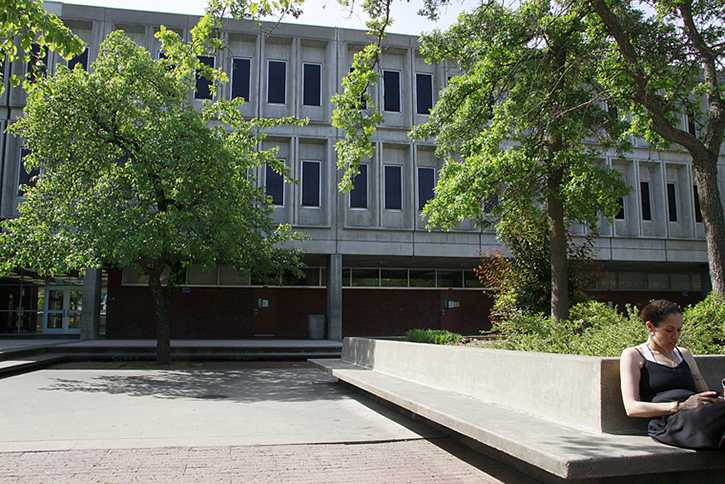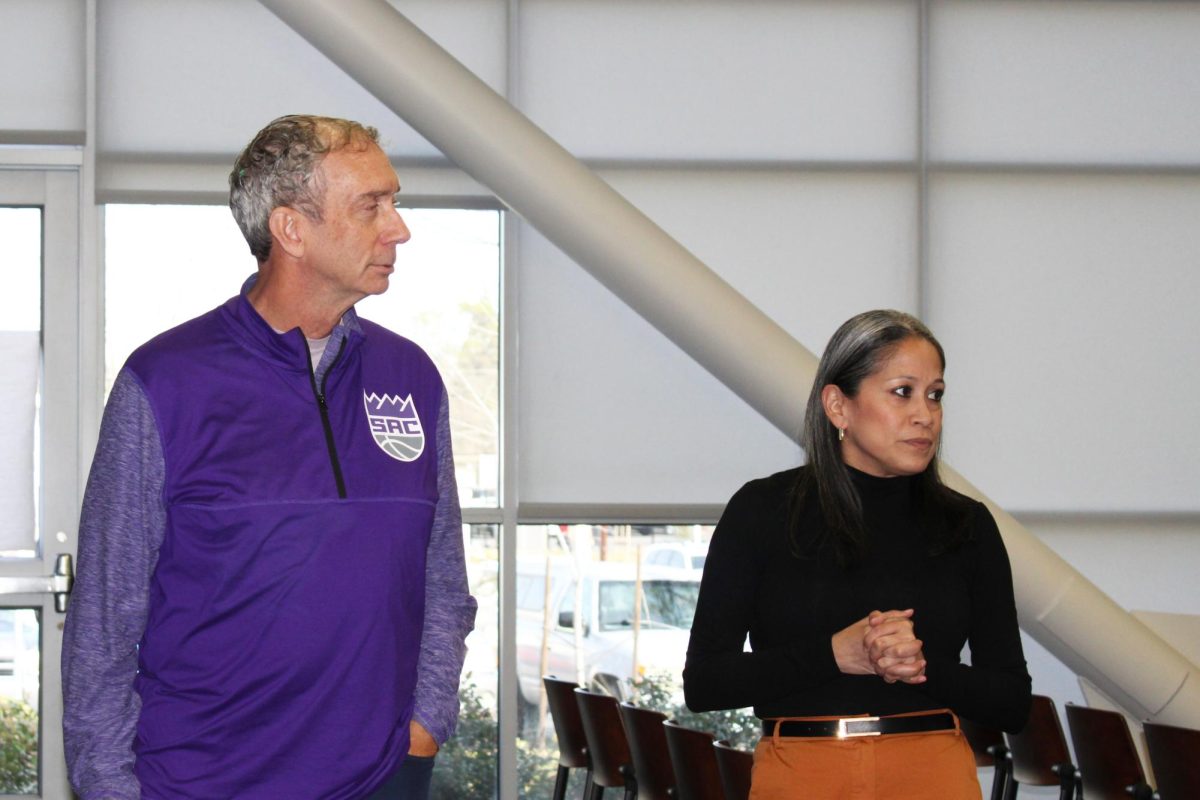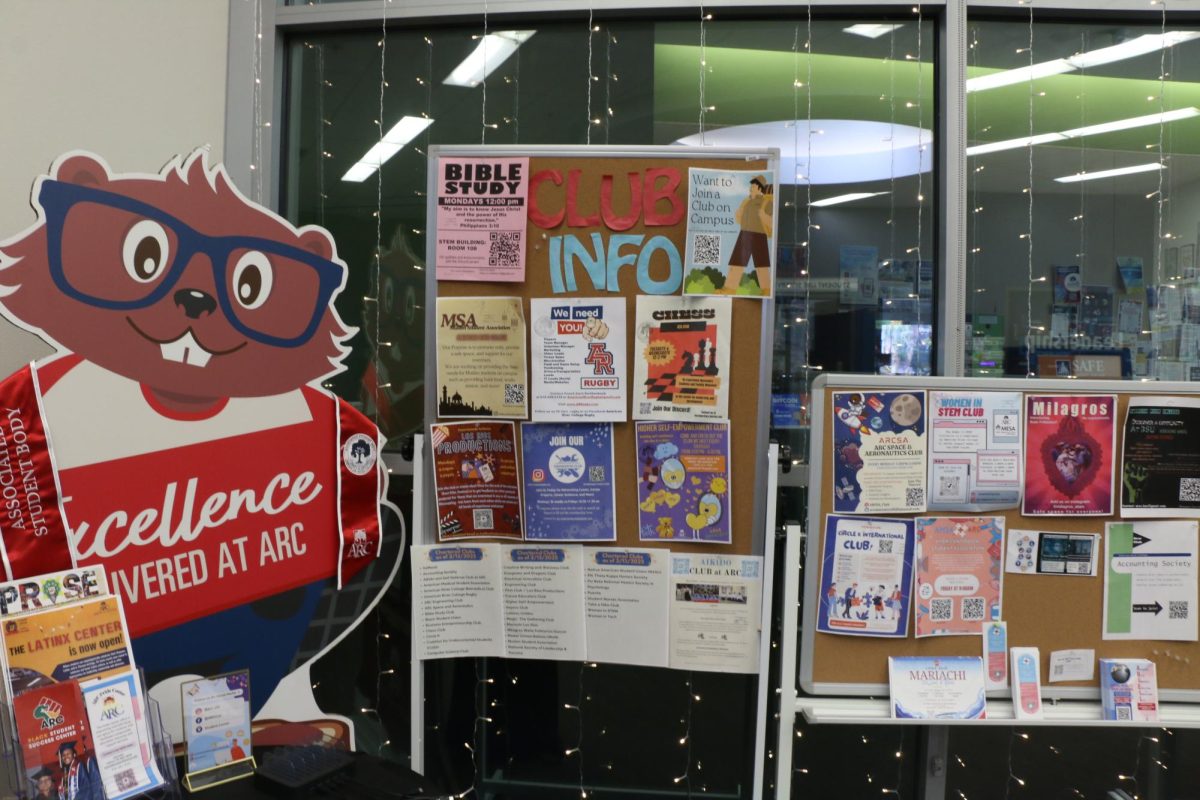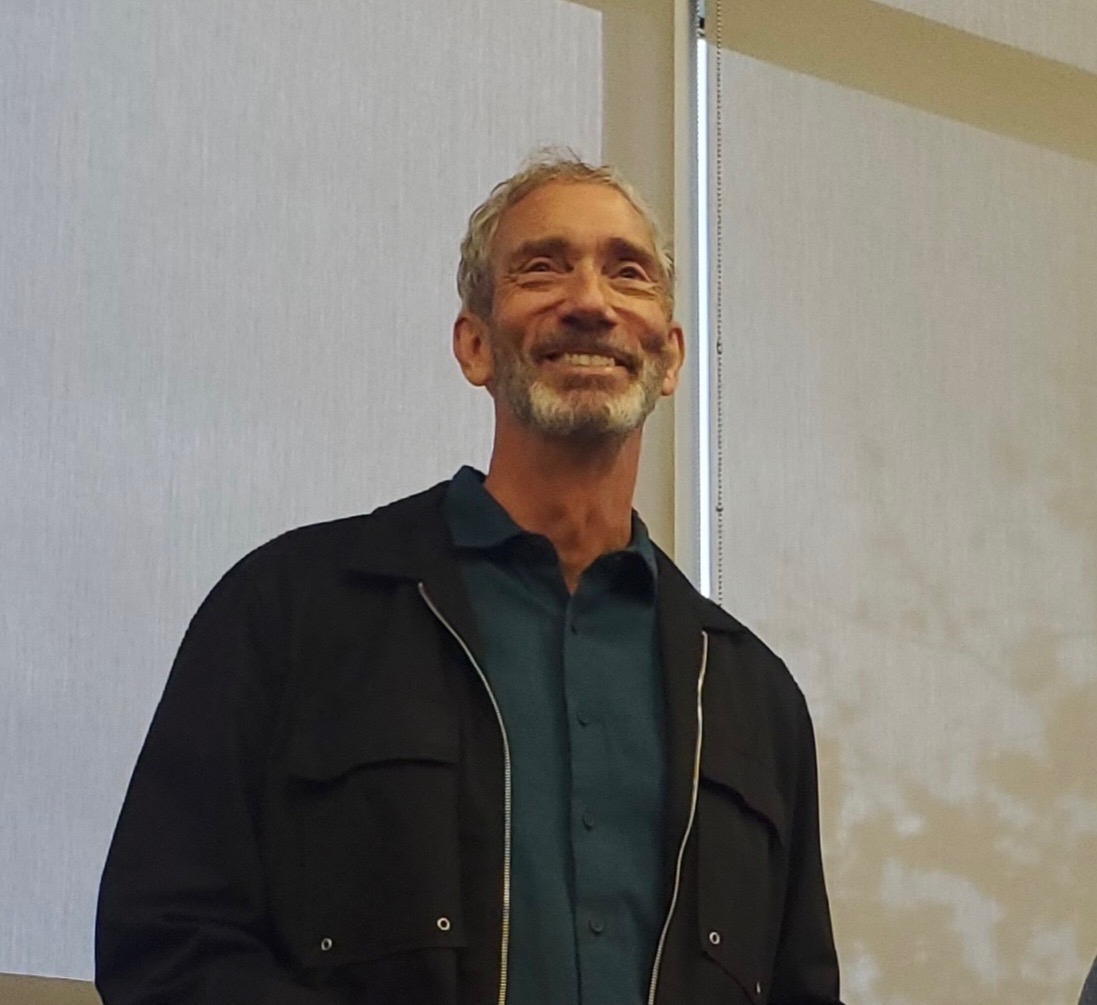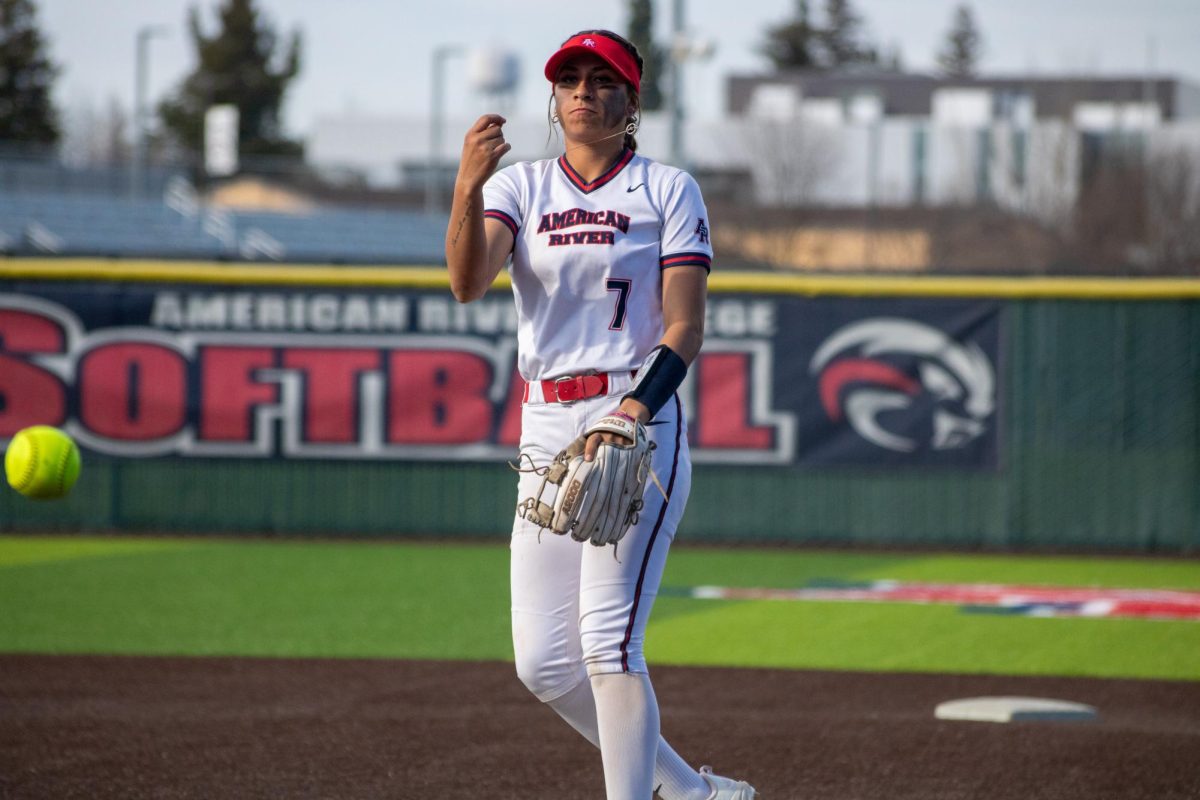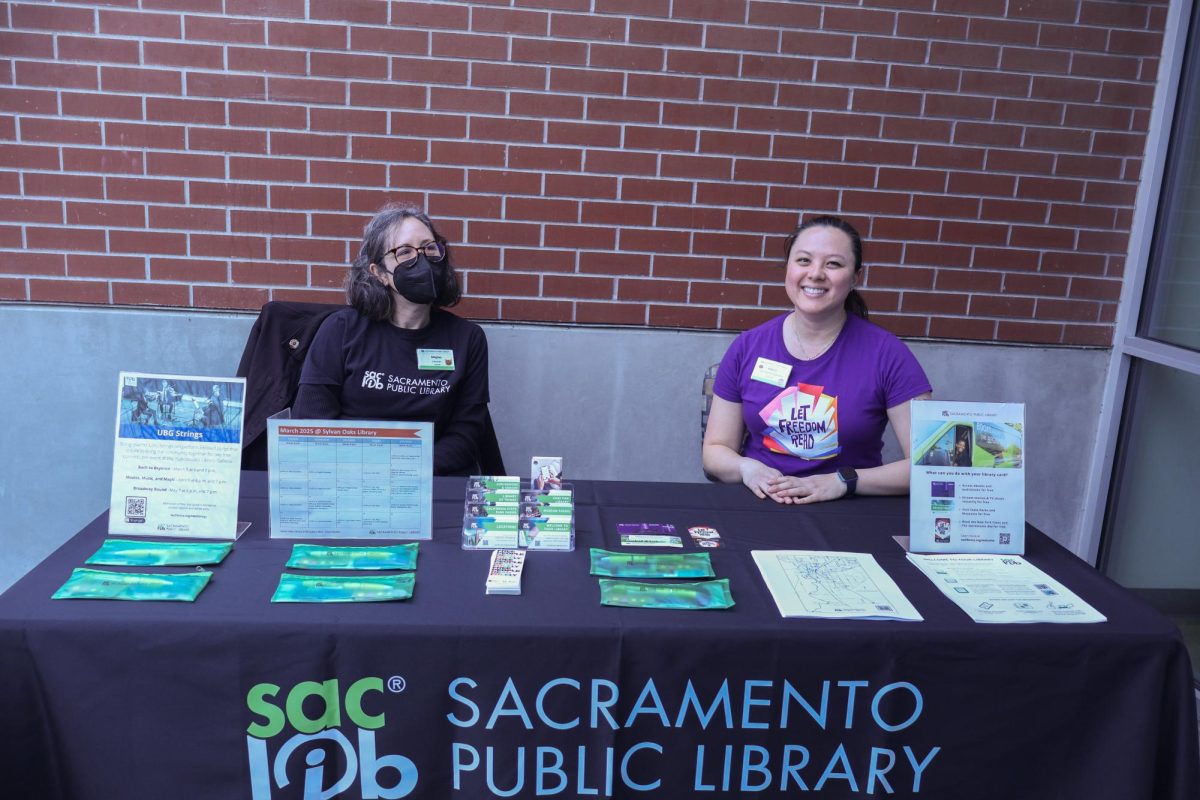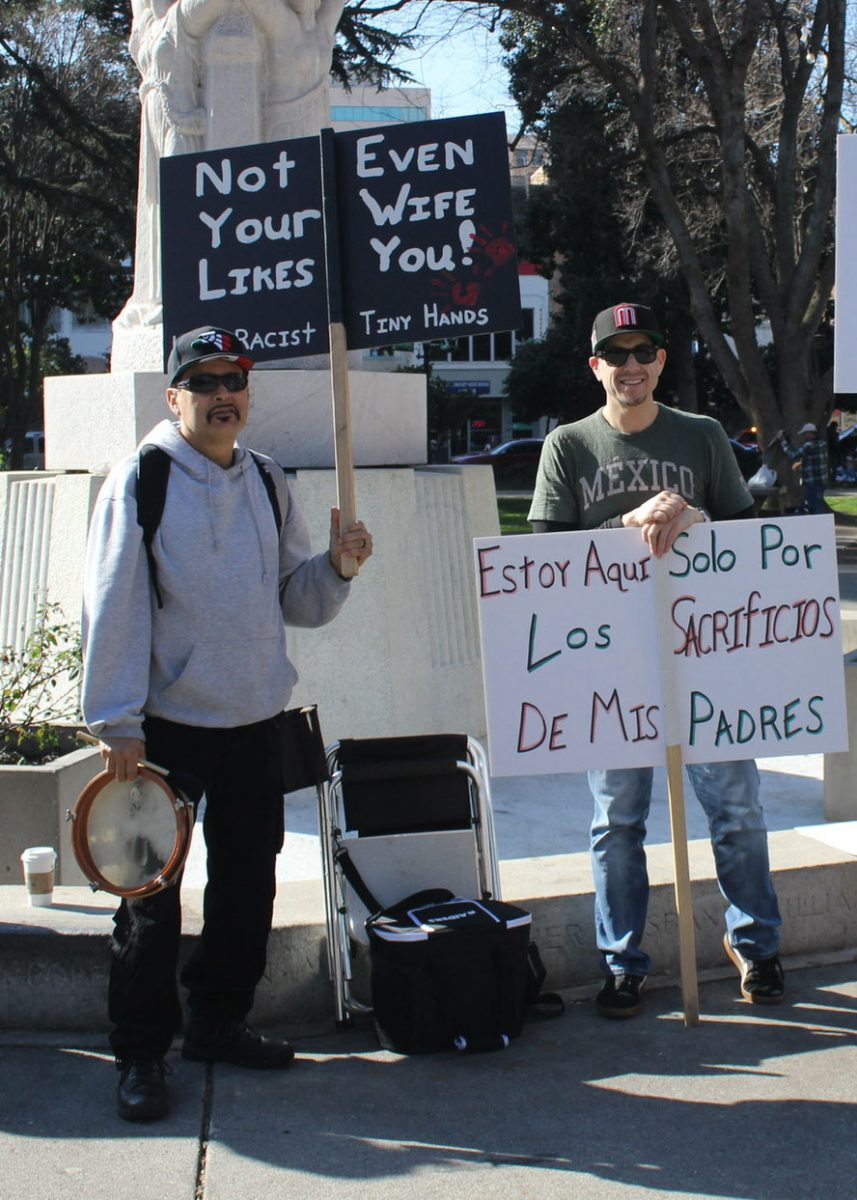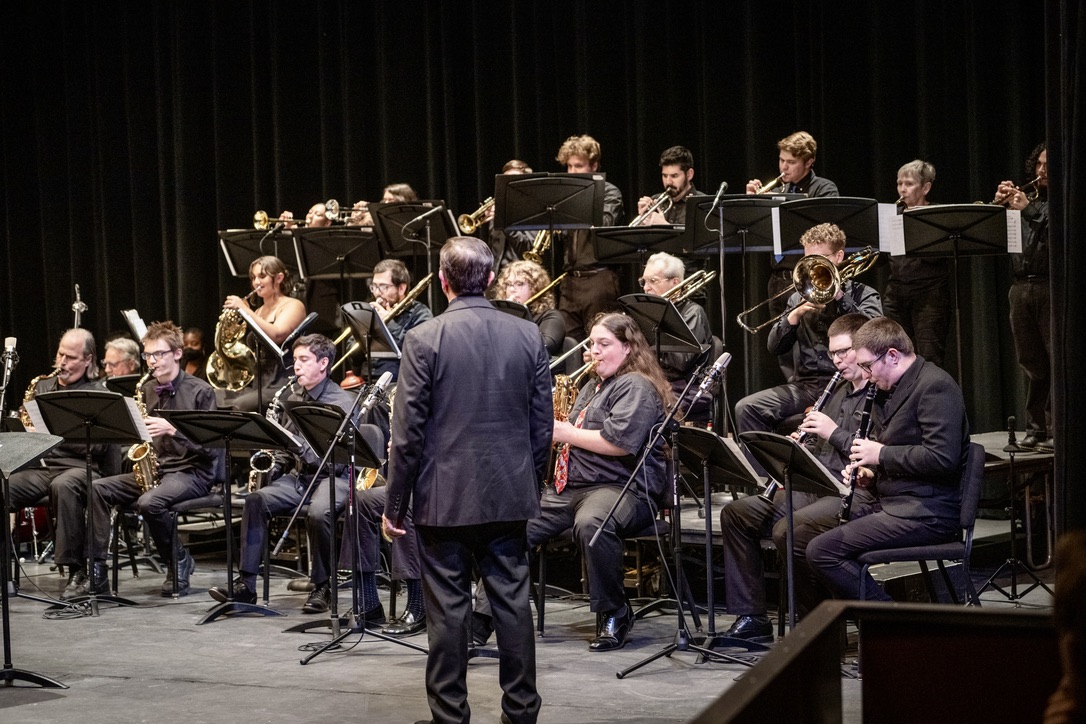When asked how she is doing, Spiritdancer Donaldson said, “It’s getting warmer,” with a bit of a forced laugh.
The weather is important to Donaldson, not because she’s looking to get her “bikini body” back for the summer, but because it means she won’t have to bundle up quite so much at night when she is sleeping in her car.
Donaldson, a former Marine and American River College dance student, is homeless.
Several months ago, Donaldson suffered what she calls a nervous breakdown, a mental condition she believes aggravated her post-traumatic stress disorder (PTSD).
She began having frightening sleep-walking episodes that negatively impacted her relationship with her husband.
“He was just so overwhelmed,” Donaldson said, speaking of her husband, that she left the home they shared.
Donaldson’s PTSD, which she believes is a result from sexual abuse in the military, physical abuse as a child and domestic violence from a previous relationship, has made it difficult for her to maintain steady employment.
“I’m looking for what I can do where I don’t have to be around people,” she said. “I can’t be subjugated.”
It can be challenging for those with PTSD to get jobs, according to ARC counselor Bonnie Miller.
Still, Donaldson spends many mornings in the campus computer labs filling out applications and improving her typing speed for employment tests.
“A lot of veterans are able to cope because they want to keep their job,” said Daniel Avegalio, enrollment services representative in the Veterans Information Center. “(But) if employers don’t understand what’s going on, they can’t assist” when there’s a problem in the workplace.
Therein lies the problem for many with PTSD; it is a disability that not everyone can readily see.
“I don’t think when someone looks normal (people) understand,” said Donaldson.
She said she feels like people who don’t know about disabilities think PTSD is an excuse, and that there’s a general lack of compassion.
“They just can’t believe that things are so difficult,” she said.
What students like Donaldson lack, said Miller, is consistency with a supportive group of people.
“It’s a matter of connections,” Miller said.
And it’s a matter of community. For students like Donaldson, there may not be enough strong people around to offer support.
Donaldson was once told by a counselor, “You just don’t have the support you require to succeed.”
She bounced around from WEAVE to inter-tribal councils (Donaldson is Native American) to Veterans Affairs, but the organizations couldn’t seem to connect to help her resolve her problems.
Aside from feeling lost in the system, Donaldson often feels separated from humanity in general.
Most people can imagine the cramped sleeping arrangements, the attempts to keep fresh foods safe in the cooler in the back seat, and a mini-SUV stuffed with worldly possessions.
What most of us can’t imagine is the loneliness.
“I’m alone most of the day,” she said.
She spends several hours in dance classes, the one tangible way she knows how to process her situation.
“Dance is like medicine to me,” Donaldson said.
When she has extra money, Donaldson rents studio space and teaches fusion dancing. Music and movement are important to her spiritually; she wants to earn her degree in dance, and sees herself as a teacher and mentor. And she knows that she needs to be dancing to be healthy.
“It helps me, but I don’t have enough music everyday,” she said. “I just have silence. It drives someone like me mad.”
Donaldson can stay in her car on campus during campus hours, but at night she must find another place to park.
Any unattended vehicle left overnight without prior authorization will be cited, according to ARC Los Rios Police Department Sgt. Mike Olson.
“We’re probably not going to cite someone if the car is occupied,” he said. “We’re probably going to knock on the window and ask them to move along.”
Still, Donaldson said she’s had trouble with being in her car on campus at night and has been forced to find a place to stay nearby.
She doesn’t feel safe and sleeps “like they teach you to sleep in the Marines, one eye open,” she said. The constant sleep deprivation fuels the anxiety from PTSD.
Donaldson has found some support through her fellow dancers, several of whom are struggling with stability as well, and through Sunny Smith, dance professor at ARC, who has been a grounding influence for Donaldson through this difficult time.
“She just looked at me, and she always knows,” said Donaldson, “and she said, ‘Stop mourning. Look and see it. It’s getting better. Everything’s up from here.’”
Smith may be more right than she knows. Donaldson has recently been able to secure a part-time position teaching different types of dance classes, and is being considered for a job as an adult care provider. She feels the position is a good fit; she will be working for someone who has a disability and understands what that’s like.
Donaldson is starting to see the growth and promise from her experiences.
“Whatever I’ve been through,” Donaldson said, “there’s a point to making me stronger through it. I don’t think that it’s Creator’s fault and I don’t think that’s his way of doing things.”


